Why professional judgment alone won't save accounting from AI
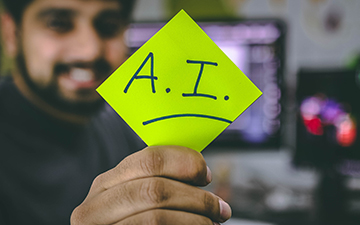
What part of judgment is just a complex algorithm applied by humans?
VANCOUVER, January 16, 2019 – To what extent will jobs performed by humans be replaced by machine learning and process automation in the Age of Artificial Intelligence? There's been a lot of discussion of this topic in recent months, as the business world explores the opportunities brought about by these technologies in their various forms, as well as the challenges posed by retraining and reallocating displaced workers.
There appears to be general agreement that repetitive jobs with low levels of authority and decision-making are prime candidates for machine intervention, just as many assembly-line workers have been replaced by automation and robotics over the years. But what about the fate of professional accountants? Are the machines coming for our jobs?
Within the accounting profession, there are a range of opinions as to our vulnerability, but there does seem to be a common understanding that if we’re going to succeed in the next era of business, we need to stay relevant.
Then what is the real source of our relevance to our clients and employers? It’s not the debits and credits — a machine can learn those. It’s not even complex revenue forecasts and tax calculations — those can be resolved much more quickly by algorithms.
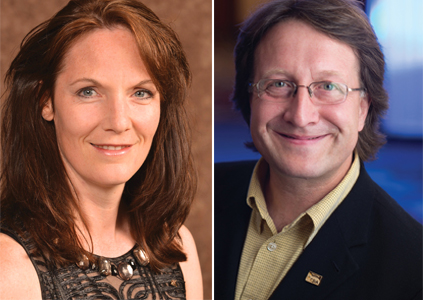 |
Laura Friedrich and Brian Friedrich are the principals of friedrich & friedrich corporation. |
Some say the key to our ongoing relevance will be our professional judgment, pointing to our ability to interpret information and provide guidance to employers and clients. A central part of professional judgment is our ability to interpret complex standards and apply them to challenging fact patterns. This facet of professional judgment, however, is arguably just another algorithm that we apply — albeit a complex one that is able to factor in a broad variety of constraints and considerations.
And when it comes to recognizing patterns and resolving algorithms — particularly complex ones — the advantage goes to the machines.
A fascinating example of pattern recognition and the application of complex judgment by a machine comes from the world of medicine. Medical researchers trained a neural network to analyze skin lesions and predict whether they are (or will become) cancerous by feeding the machine images of lesions and the known outcomes. The machine’s diagnostic performance was then tested against 21 U.S. board certified dermatologists and found to be on par with its human counterparts.
The authors of the study note that this technology has the potential of being on billions of smartphones by 2021. Imagine being able to take a picture of that pesky mole on your arm and having it diagnosed as accurately as a medical specialist, using their professional judgment, could.
In our own profession, AI systems can consistently apply complex logic and learn how best to deal with uncertainty, through modelling and analysis. Professor Baruch Lev, the author of The End of Accounting, firmly believes that machines could replace auditors within the next two decades. In an interview with Canadian Accountant, Professor Lev tells the story of a professional accountant whose bank clients used to rely on his professional judgment to interpret complex regulatory standards.
The accountant’s interesting and lucrative role is now under threat, however, from an AI system developed by one of the Big Four firms that can analyze the standards and learn how to apply them to a specific situation, based on the experience of thousands of other similar situations. Clearly, machines are being taught to make decisions that require judgment.
The part of our professional judgement that manifests in applying technical expertise will not secure our place in the Age of AI. As the power of machine learning grows and expands into varied and unique areas of our lives and work, artificial intelligence will adapt to new challenges and become the smarter, faster solution not only to routine, rote tasks but also to those that require decisions to be made.
Perhaps the source of our relevance — the thing that differentiates us from even the most intelligent machine (at least for now) — will come from somewhere else. Where? Read our next column, “Accountants: Guardians of trust in the Age of AI,” to find out.
Brian Friedrich, MEd, LL.M, C.Dir, FCPA, FCGA and Laura Friedrich, MSc, CIA, FCPA, FCGA are the principals of friedrich & friedrich corporation. For over 20 years, the firm has built institutional capacity, implemented competency-based education, and developed strategic, program, governance and ethics guidance for established and emerging professional and regulatory organizations. Laura and Brian facilitate seminars and workshops in these domains both in-person and through the mobile learning application ProDio.
Photo by Hitesh Choudhary on Unsplash





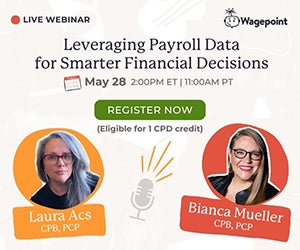


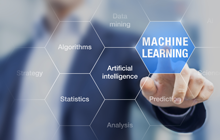
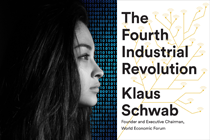
(0) Comments